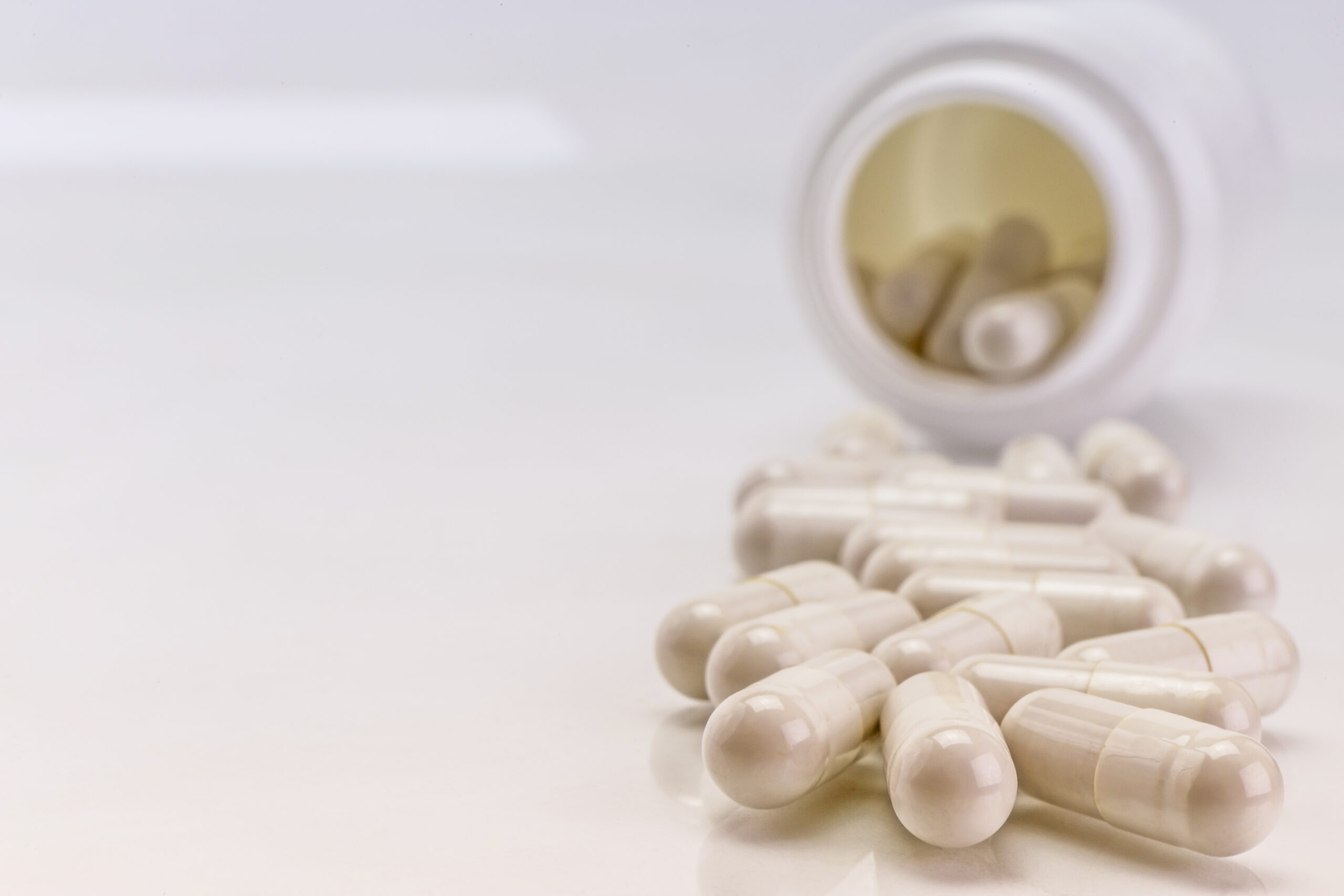L-arginine: Benefits, Dosage, Side Effects, and More
Introduction
L-arginine is an amino acid that plays a crucial role in various physiological processes within the body. It is considered semi-essential, meaning the body can produce it, but supplementation may be necessary in certain situations. In this comprehensive guide, we will delve into the benefits, dosage recommendations, potential side effects, and other essential information about L-arginine.
Understanding L-arginine
What is L-arginine?
L-arginine is a conditionally essential amino acid, meaning it is normally produced by the body but may need to be supplemented in certain circumstances. It serves as a precursor to nitric oxide (NO), a molecule involved in vasodilation, or the widening of blood vessels, which plays a vital role in cardiovascular health.
Sources of L-arginine
L-arginine is found in various protein-rich foods, including poultry, fish, red meat, dairy products, nuts, seeds, and legumes. Additionally, L-arginine supplements are available in both oral and topical forms.
Health Benefits of L-arginine
Cardiovascular Health
L-arginine is known for its role in promoting cardiovascular health by supporting endothelial function, improving blood flow, and reducing blood pressure. It helps stimulate the production of nitric oxide, which relaxes blood vessels and enhances circulation.
Exercise Performance
Supplementation with L-arginine may enhance exercise performance by increasing blood flow to muscles, reducing fatigue, and improving endurance. It may also help reduce the buildup of lactate, a byproduct of intense exercise that contributes to muscle fatigue.
Erectile Dysfunction
L-arginine has been studied for its potential benefits in treating erectile dysfunction (ED) by improving blood flow to the genital area. It serves as a precursor to nitric oxide, which plays a key role in the relaxation of smooth muscle tissue in the penis, leading to improved erectile function.
Wound Healing
L-arginine plays a critical role in the wound healing process by promoting collagen synthesis, enhancing immune function, and increasing blood flow to the site of injury. It may help accelerate wound closure and improve overall healing outcomes.
Dosage Recommendations
Dosage for Cardiovascular Health
The recommended dosage of L-arginine for cardiovascular health typically ranges from 2 to 6 grams per day, divided into multiple doses. It is often taken in conjunction with other supplements, such as L-citrulline and antioxidants, to maximize its benefits.
Dosage for Exercise Performance
For improving exercise performance, L-arginine supplements are often taken in doses ranging from 3 to 6 grams per day, divided into multiple doses. It is commonly used by athletes and fitness enthusiasts to enhance endurance and reduce fatigue during intense workouts.
Dosage for Erectile Dysfunction
Studies investigating the use of L-arginine for erectile dysfunction have used doses ranging from 5 to 9 grams per day, divided into multiple doses. It is often combined with other supplements, such as Pycnogenol or ginseng, for synergistic effects.
Potential Side Effects and Precautions
Gastrointestinal Distress
High doses of L-arginine may cause gastrointestinal side effects, such as nausea, abdominal pain, diarrhea, and bloating. To minimize these effects, it is recommended to start with a lower dose and gradually increase as tolerated.
Interactions with Medications
L-arginine supplements may interact with certain medications, including blood pressure medications, nitrates, and erectile dysfunction drugs. It is essential to consult with a healthcare professional before taking L-arginine if you are currently taking any medications.
Risk of Herpes Outbreaks
Some studies suggest that L-arginine supplementation may exacerbate symptoms of herpes simplex virus (HSV) outbreaks in individuals with a history of genital herpes. It is advisable to avoid L-arginine supplementation if you have a history of HSV infection.
FAQs (Frequently Asked Questions)
Is L-arginine safe to take long-term?
L-arginine is generally considered safe for most people when taken in appropriate doses. However, long-term safety data is limited, and it is advisable to consult with a healthcare professional before taking L-arginine on a prolonged basis.
Can L-arginine interact with other supplements?
L-arginine may interact with certain supplements, such as nitric oxide boosters, blood pressure-lowering supplements, and herbs with vasodilatory effects. It is essential to consult with a healthcare professional before combining L-arginine with other supplements.
Are there any dietary restrictions when taking L-arginine supplements?
L-arginine supplements are generally safe to take with food or on an empty stomach. However, it is advisable to avoid high-protein meals or foods rich in arginine, such as nuts and seeds, when taking L-arginine supplements to prevent potential interactions.
Can L-arginine help with muscle growth?
L-arginine supplementation alone may not significantly increase muscle growth. However, it may indirectly support muscle growth by improving blood flow and nutrient delivery to muscles during exercise.
Are there any contraindications for taking L-arginine supplements?
Individuals with certain medical conditions, such as herpes simplex virus (HSV) infection, kidney disease, or liver disease, should exercise caution when taking L-arginine supplements. It is advisable to consult with a healthcare professional before supplementation.
Can L-arginine supplements lower blood pressure?
L-arginine supplements have been shown to help improve endothelial function and reduce blood pressure in some studies. However, the effects may vary depending on individual factors such as dosage, duration of supplementation, and overall health status.
Is L-arginine supplementation beneficial for women?
L-arginine supplementation may offer similar benefits for women as it does for men, including cardiovascular support, improved exercise performance, and enhanced sexual function. However, individual responses may vary, and it is advisable to consult with a healthcare professional before supplementation.
Conclusion
L-arginine is a versatile amino acid with numerous potential benefits for cardiovascular health, exercise performance, erectile function, and wound healing. While it is generally considered safe for most people when taken in appropriate doses, it is essential to be aware of potential side effects, interactions, and precautions. Consulting with a healthcare professional before starting L-arginine supplementation is advisable, especially for individuals with pre-existing medical conditions or those taking medications. By understanding the benefits, dosage recommendations, potential side effects, and other essential information about L-arginine, individuals can make informed decisions about its use and incorporate it into their wellness routine as appropriate.
- Comprehensive Review Top CBD Oil Products By CBD Rethink - April 22, 2024
- Haze THC Adventures: Exploring Just Delta’s Flavorful Delights! - April 22, 2024
- Is Naked Juice Healthy? Benefits and Downsides - April 12, 2024

